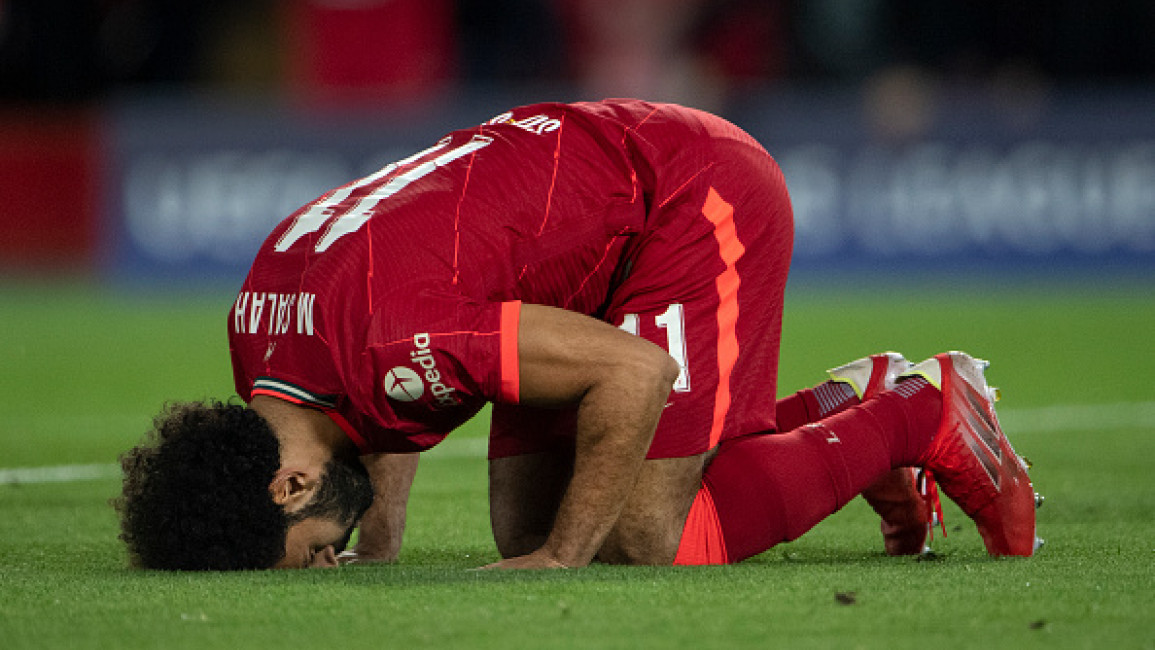Mo Salah's post-goal prayers mentioned in US Supreme Court case of Christian coach
Egypt and Liverpool star Mohammed Salah has been named this week in a US Supreme Court case involving a Christian high school American football coach who lost his job for praying on the field after matches.
Joe Kennedy, a former assistant high school football coach in the US state of Washington, prayed on the field at the end of games, with players and spectators often joining him.
His school was concerned about being sued for violating students' religious freedoms and asked him in 2015 to stop praying on the field. When Kennedy refused, he was put on paid leave - an act the former football coach's lawyers said violated his First Amendment rights.
Lawyer Paul Clement said Kennedy's prayer was a "private religious exercise", and likened it to Salah's prostrations on the pitch after he scores goals.
|
"I think, when the coach takes this 15-second fleeting prayer at the end of the game with no loudspeaker, barely audible, it's radically different from the use of the loudspeaker and is much similar to Mohamed Salah, Tim Tebow, all of those things," Kennedy's lawyer said, according to a transcript from the court.
"Right after Mohamed Salah scores the goal, he is of course the center of attention and he engages in a religious exercise... It's private, it's permissible, and the government can't stop it," he continued.
Salah's Muslim faith has inspired fascination among fans at Liverpool, where he has played since 2017.
“It’s good enough for me, it’s good enough for you - if it’s good enough for Salah, then I’m a Muslim too” is a chant regularly heard at Anfield.
His future at the club is uncertain as the in-demand forward negotiates a new contract.



